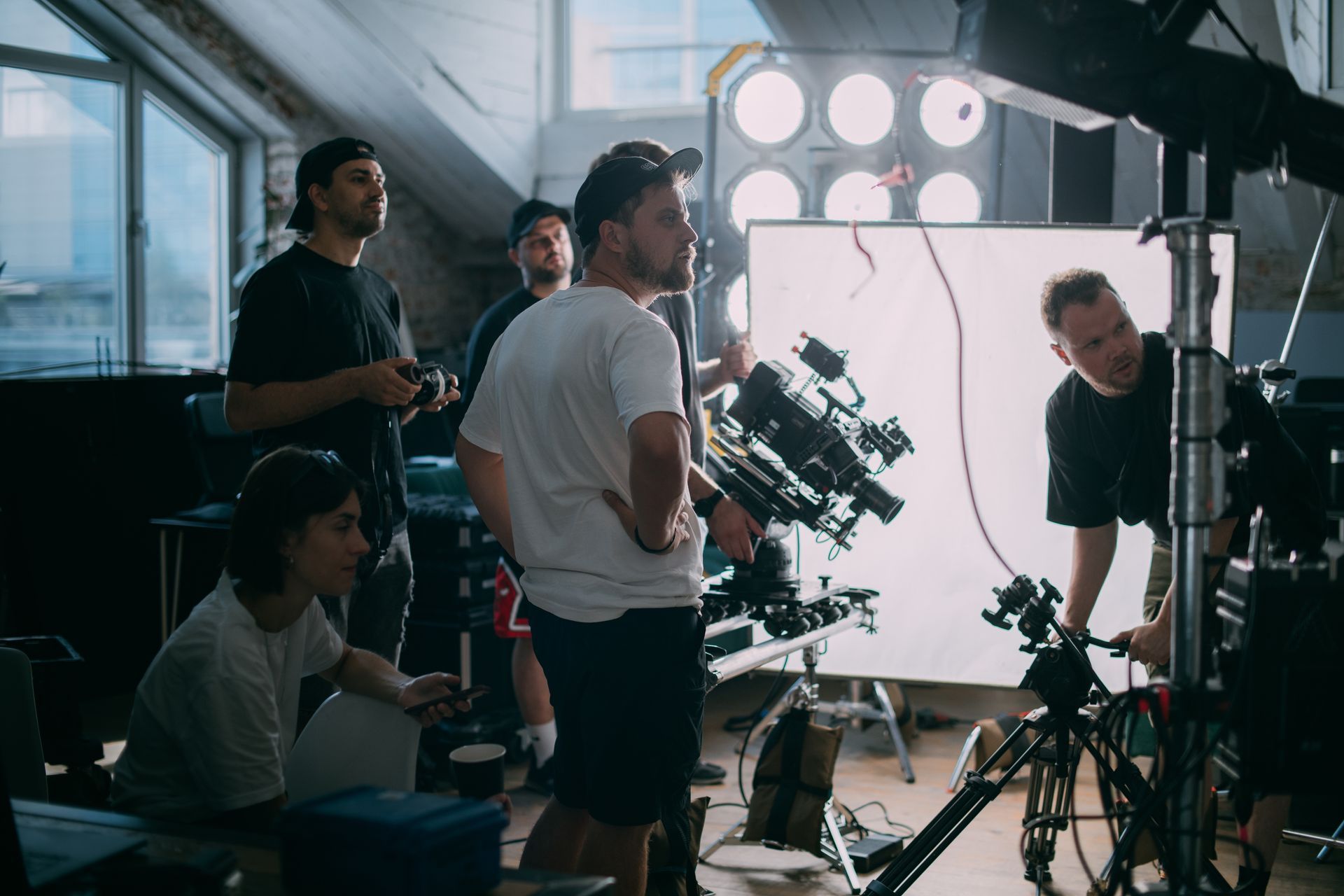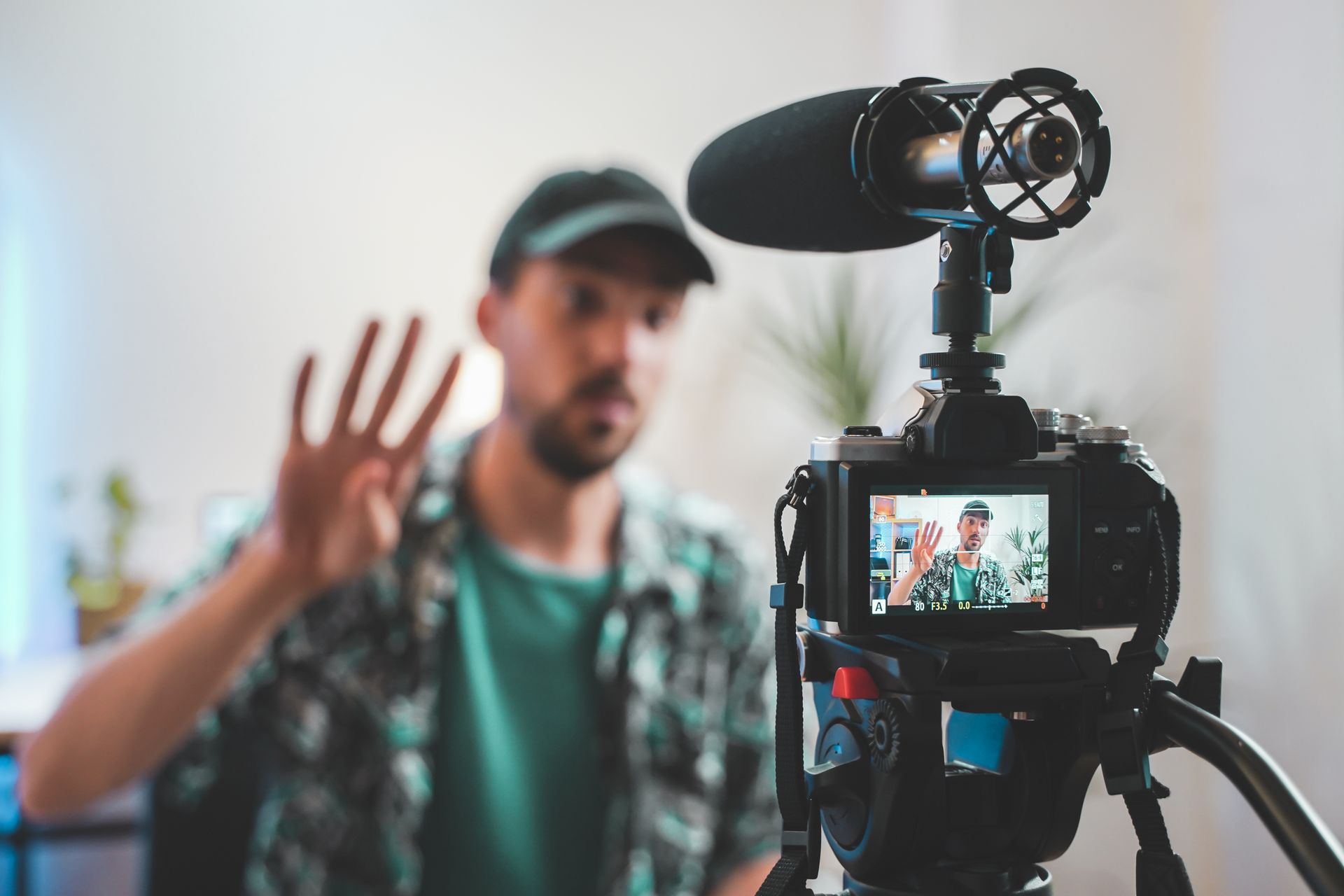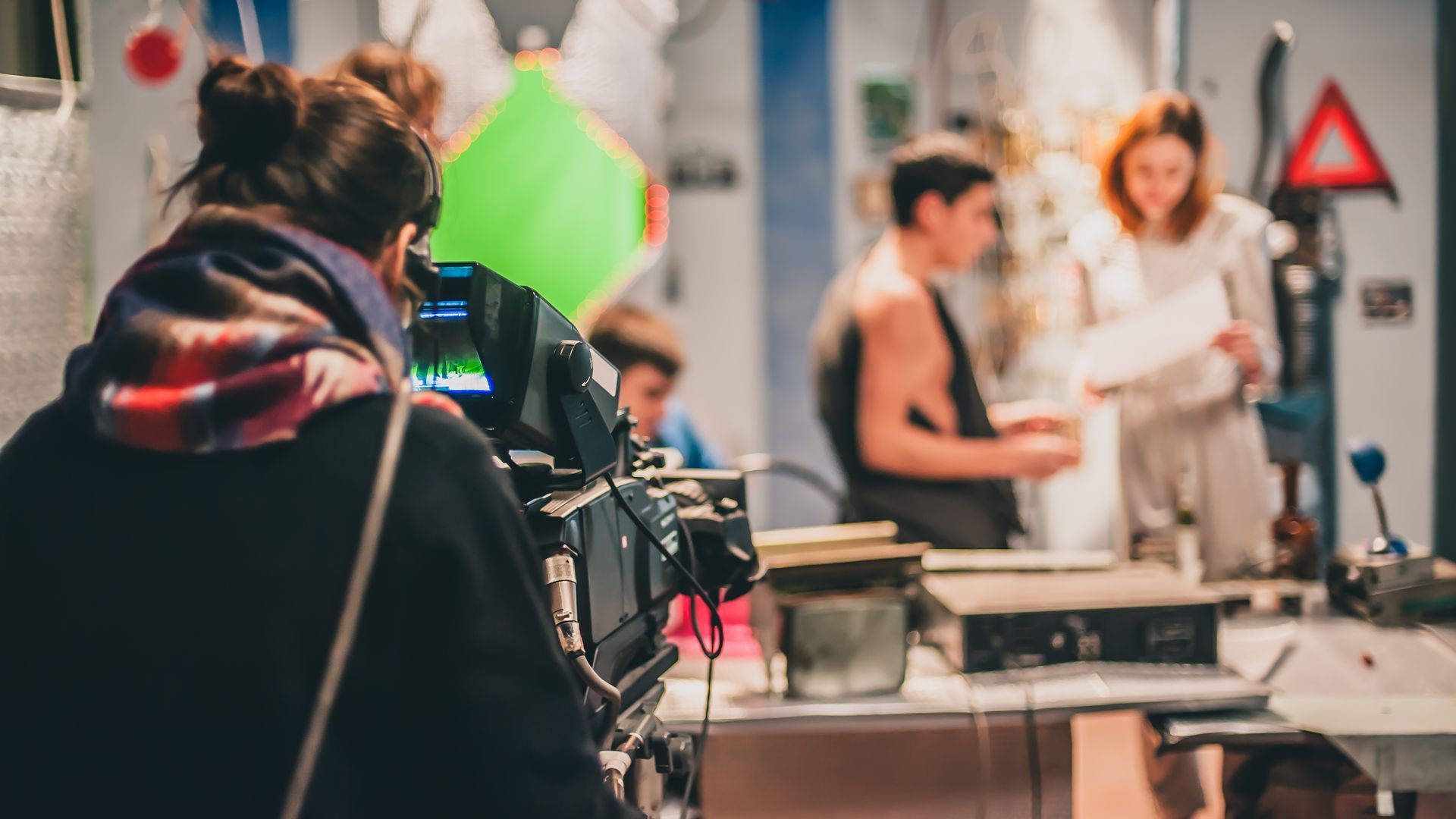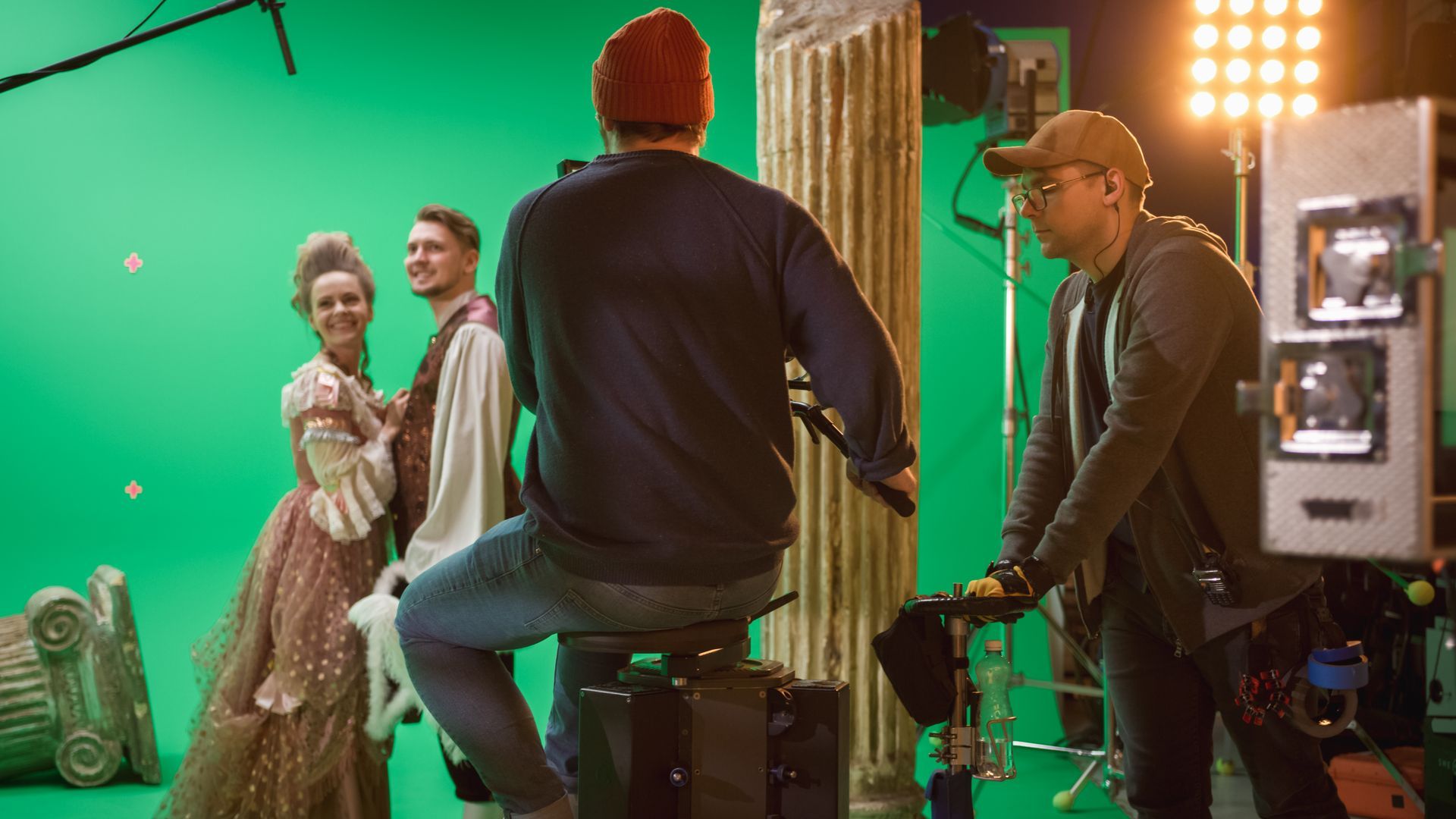Film vs Video vs Digital Media: What's The Difference?

The Evolution of Film, Video, and Digital Media
Film stock and cameras date back well over 120 years. They capture a series of images that, when played back at 120 frames per second, create motion pictures. Unlike other formats, once the film is exposed it cannot be "reused." Because of that, the more you shoot, the more expensive a project is.
Video cameras originally stored content on some type of tape-based format - either Beta, VHS, or a digital tape like MiniDV. Footage shot using a video camera was commonly edited on tape as well, unless it was transferred into a digital format at which point it could be edited in a non-linear fashion on a computer.
Digital media typically refers to recordings that are stored on something like a hard drive as opposed to any type of physical disc, tape, or film stock. Both the audio and video are broken down into digital information, so literally everything about that which is captured can be manipulated.
Video Production vs Film Production: What is the Difference?

One of the major differences between video production and film production comes down to lighting. Film stock simply absorbs light differently than the sensor in a video camera. You could shoot the same sequence in both formats, and you would need to light the film camera one way and the video camera in an entirely different way, even if you're trying to get them both to look the same.
Likewise, film is traditionally reserved these days for narratives like movies or some TV shows. Video is used to capture things like sporting events or other things that might be happening live.
Benefits of Hiring Video Production Professionals
By far, the biggest benefit of hiring video production professionals has to do with how they can leverage all the benefits inherent in your desired format to your advantage.
Working with film is difficult, for example - you need to take into consideration the quality of the film stock, the lighting requirements for each stock, and more. All of these technical aspects are important, but they can also potentially make it more difficult to tell the story you want to. Production professionals can handle all of this on your behalf, so you can focus on the narrative.
The same is true of video production professionals. They can handle all the technical elements surrounding the event that you're trying to capture (or the story you're trying to tell if you're shooting a narrative on video) like lighting, sound, blocking, and more, so you can devote the majority of your attention on bringing your entire vision to life as opposed to looking purely at those technical aspects.
At TV Pro Gear, we offer our professional video production services to clients in a wide range of different industries. In addition to our expertise, we also offer access to resources you may not otherwise have - like our stage and post-production facilities.
If you'd like to find out more information about film vs video vs digital media, or if you'd just like to discuss your next project with a team of professionals, please
contact TV Pro Gear today.
Recent Posts
©TV Pro Gear 2022. All Rights Reserved. Privacy Policy





